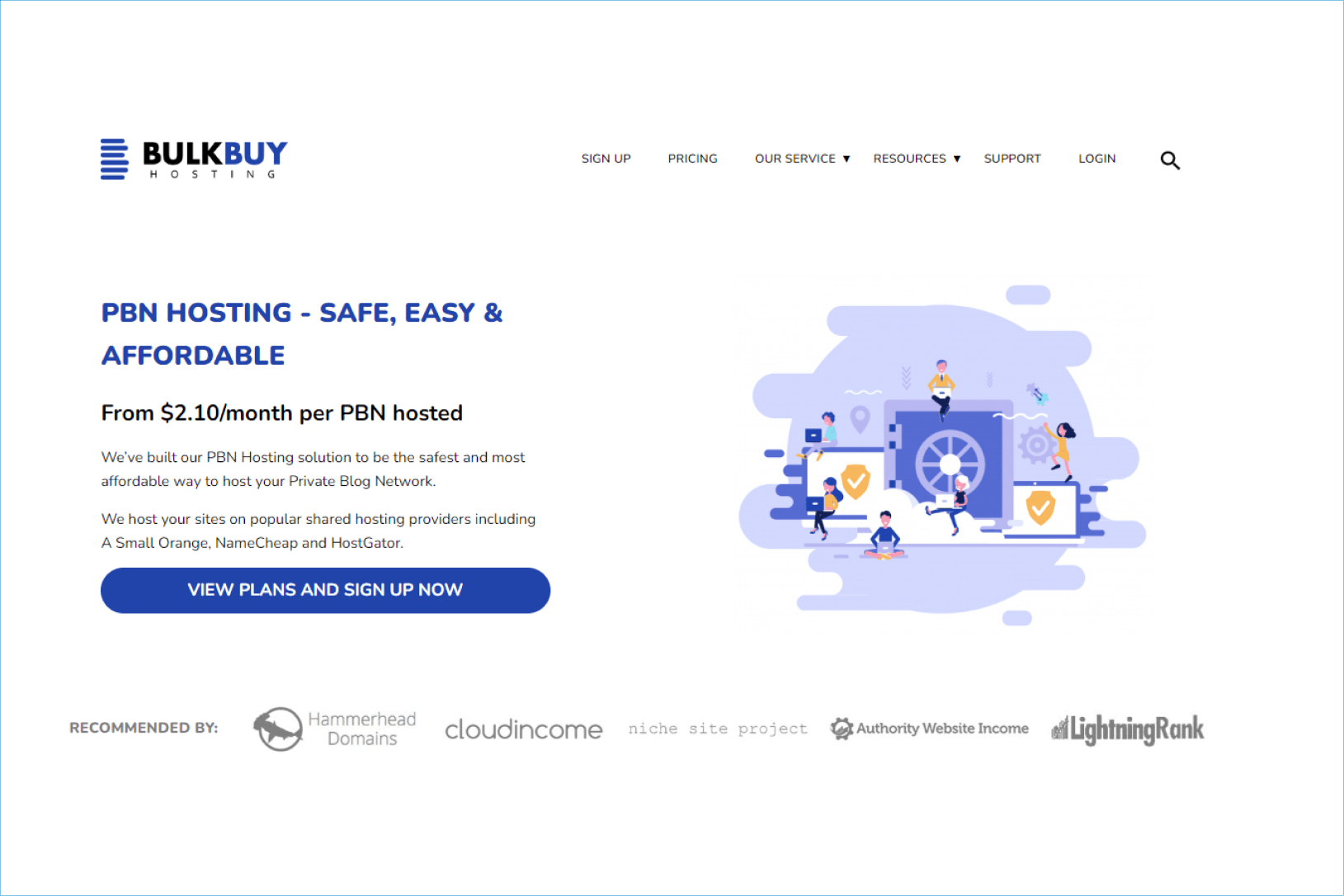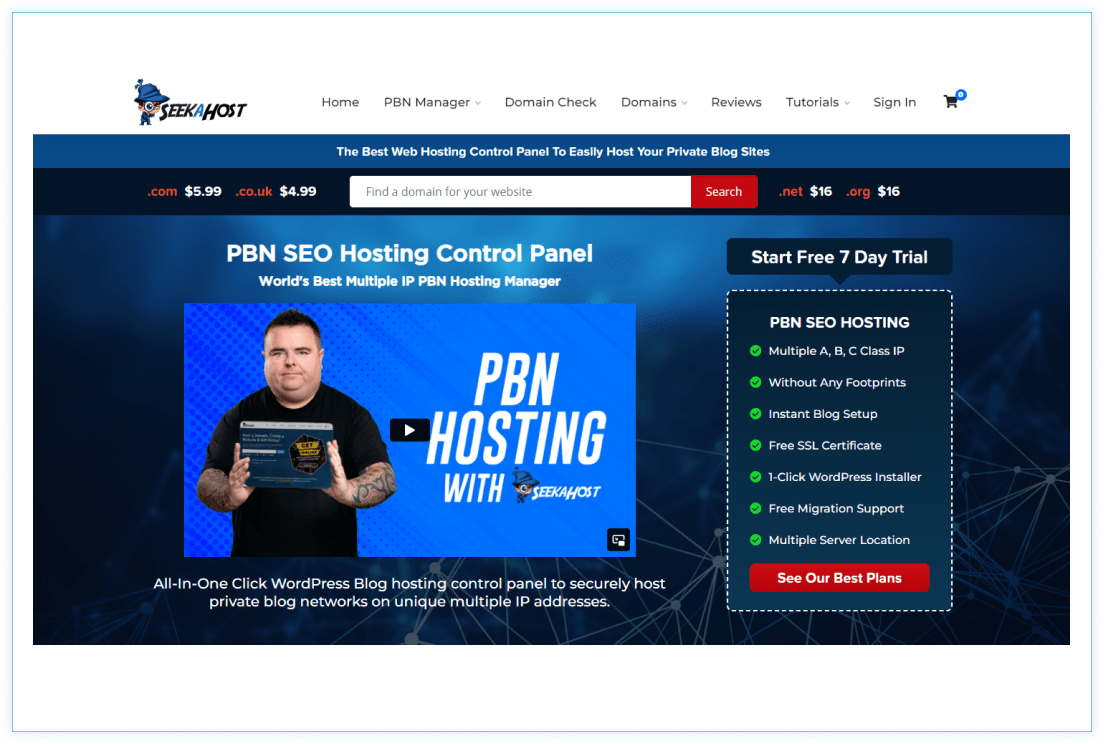
In the competitive digital landscape, standing out in search engine results is not just about having a well-optimized website; it’s about outsmarting your competitors. Search Engine Optimization (SEO) is a crucial tool for driving organic traffic, but with businesses vying for the top spot, mastering SEO means understanding and outpacing your rivals.
This article delves into expert tips specifically aimed at outperforming your competitors in SEO. By dissecting their strategies, identifying gaps, and leveraging your unique strengths, you can gain a significant advantage and dominate the search engine rankings.
Let’s explore the most effective competitor-focused SEO strategies that can elevate your online presence and keep you ahead in the game.
Key Takeaways
- Understanding SEO Fundamentals: Master the basics of SEO, including keyword research, content optimization, and technical aspects like site speed and mobile responsiveness.
- Competitor Analysis: Regularly analyze competitor SEO strategies to identify gaps and opportunities. Use different to uncover competitor keywords and backlink strategies.
- Effective Keyword Research: Focus on high-value keywords and long-tail variations that align with user intent.
- Creating High-Quality Content: Produce valuable, engaging content that addresses user needs and surpasses competitors in depth and quality.
- Technical SEO Optimization: Optimize title tags, meta descriptions, header tags, and internal linking structure for improved crawlability and user experience. Ensure your site is fast-loading, mobile-friendly, and has a clean URL structure.
- Building Quality Backlinks: Use effective link-building strategies such as guest blogging, broken link building, and leveraging industry relationships to earn high-quality backlinks.
- Monitoring and Adjusting: Regularly monitor SEO performance using tools like Google Analytics and adjust strategies based on key metrics such as organic traffic, keyword rankings, and conversion rates. Stay updated with SEO trends and algorithm changes to maintain competitiveness.
Understanding SEO (Search Engine Optimization)
SEO Basics
SEO is the process of optimizing your website to rank higher in search engine results. It involves various techniques, from keyword research and content creation to technical optimizations and link building. The primary goal of SEO is to increase the quantity and quality of organic traffic to your website.
Understanding the fundamentals of SEO, such as how search engines crawl and index websites, is crucial for developing effective strategies. By mastering the basics, you can lay a strong foundation for your SEO efforts.
SEO Competitor Analysis
Analyzing your competitors’ SEO strategies helps identify gaps and opportunities. By understanding what works for them, you can develop a more effective SEO plan. This analysis can reveal weaknesses in their strategies and highlight areas where you can outperform them.
Regular competitor analysis keeps you informed about industry standards and emerging trends, enabling you to stay ahead.
Current Trends
Staying updated with the latest SEO trends is essential for maintaining a competitive edge. Current trends include voice search optimization, mobile-first indexing, and the increasing importance of user experience and page speed.
With the rise of smart devices, voice search is becoming more prevalent, and optimizing for it requires natural language keywords. Mobile-first indexing means Google primarily uses the mobile version of a site for ranking and indexing, emphasizing the need for a responsive design. Additionally, user experience factors such as page speed, interactivity, and visual stability increasingly influence search rankings.
Our Expert Tips on How to Beat Competitors at SEO
To outrank your competitors in search results, you need to thoroughly analyze their SEO tactics and find ways to improve upon them.
Start by:
Competitor Content Analysis
Identifying Top Competitors
Identify your main competitors using tools like SEMrush and Ahrefs. Focus on competitors who consistently rank high for your target keywords. Analyzing their websites can provide insights into their SEO strategies and help you identify areas for improvement.
Create a list of competitors and monitor their content, backlinks, and social media presence regularly. Understanding your competition is the first step to outperforming them.
Content Gaps
Find content topics that your competitors haven’t covered. Look for high-performing content in your niche and analyze what makes it successful. Then, create unique content that addresses those gaps, providing additional value to your audience. This approach can help you attract traffic that your competitors are missing and establish your site as a comprehensive resource.
For more information, read our article How To Create a Successful SEO Content Strategy: Expert Tips and Tricks
Reverse Engineering Competitor Success
Analyzing Competitor Pages
Study high-ranking competitor pages for insights into their SEO strategies. Look at keyword usage, content structure, and backlinks.
Pay attention to on-page elements such as title tags, meta descriptions, headers, and internal links. Understanding what makes competitor pages rank well can inform your own SEO strategies.
Replicating and Enhancing
Improve on competitor content and strategies. If a competitor has a popular blog post, create a more detailed and updated version. Add value by including additional information, providing practical examples, or offering a unique perspective. Enhance the user experience with better visuals, interactive elements, or downloadable resources.
By offering superior content, you can attract more backlinks and engagement, boosting your rankings.
Monitoring Competitor Backlinks
Using Backlink Analysis Tools
Use tools like Ahrefs and Moz to track competitor backlinks. Identify high-quality backlinks and target those sources for your own link-building efforts. Backlinks from authoritative sites can significantly improve your search rankings. Analyze the backlink profiles of your competitors to understand their link-building strategies. Look for patterns in the types of sites linking to them and the content that attracts those links.
Focusing on Backlink Quality
Assess the relevance and authority of competitor backlinks. Focus on acquiring high-quality links from reputable sites. High-quality backlinks come from sites with strong domain authority, relevant content, and a natural link profile. Avoid spammy or low-quality links, as they can harm your SEO efforts. Building relationships with industry influencers, guest blogging, and creating valuable content are effective ways to earn quality backlinks.
Building Relationships
Network with websites that link to competitors. Outreach to these sites and offer valuable content or collaborations to earn backlinks. Personalized outreach can be more effective than generic requests. Highlight the mutual benefits of linking to your content, such as providing their audience with additional resources or insights. Building strong relationships within your industry can lead to long-term link-building opportunities and increased exposure.
Also, I recommend that you read our article about how to buy backlinks so you can explore this option.
Using Competitor Weaknesses
Identifying Weaknesses
We already mentioned this, but it is important to spot gaps and weaknesses in competitor strategies. Look for areas where they lack depth or have outdated content. Use different tools to analyze competitor content and identify weaknesses in their keyword coverage, backlinks, or technical SEO.
Understanding these weaknesses allows you to capitalize on their shortcomings by offering superior alternatives.
Targeting Unmet Needs
Create content that addresses areas competitors have overlooked. Providing solutions to unmet needs can attract more visitors. Conduct surveys, engage with your audience on social media, and monitor industry forums to identify common pain points or questions.
Creating content that solves these issues can position your site as a valuable resource and attract loyal visitors.
SEO Pitfalls
Learn from competitor mistakes and avoid common SEO pitfalls. Ensure your site is technically sound and free from SEO errors. Regularly audit your site for issues like broken links, duplicate content, and slow page speeds.
Avoid black-hat SEO techniques such as keyword stuffing, as these can lead to search engine penalties. By maintaining a clean and optimized site, you can outperform competitors who neglect these aspects.
Extra Tips on How to Outperform Your Competitors at SEO
Perform Wide Keyword Research
Keyword research is the foundation of any successful SEO campaign. Start by identifying high-value keywords that are relevant to your business and have a good balance of search volume and competition. Long-tail keywords, which are more specific and less competitive, can be particularly effective in driving targeted traffic to your website.
To gain an edge over your competitors, analyze their keyword strategies. Look for keywords they are targeting but not ranking well for, and find opportunities to create superior content that outperforms theirs.
Learn how to do keyword research here: https://quirk.biz/how-to-do-keyword-research-for-seo/
Perform On-Page SEO Optimization
On-page SEO refers to the optimization of individual web pages to rank higher and earn more relevant traffic from search engines.
To do it right, follow these tips:
- Ensure that your title tags and meta descriptions are compelling and accurately reflect the content of the page.
- Use header tags (H1, H2, H3) to structure your content and make it easier for search engines to understand.
- Use internal links. Internal linking helps search engines crawl your site more effectively and distributes link equity to important pages.
- Don’t forget to optimize your images for better SEO. Use descriptive file names, alt text, and captions to provide context to search engines.
- Compress images to improve page load speed, which is a crucial ranking factor.
Use Technical SEO
Technical SEO focuses on the behind-the-scenes aspects of your website that impact search engine crawling and indexing.
- Ensure that your website loads quickly by optimizing images, minifying CSS and JavaScript, and leveraging browser caching.
- Make sure your site is mobile-friendly and responsive to provide a seamless user experience across all devices.
- Use clean, SEO-friendly URLs that accurately describe the page’s content.
- Create an XML sitemap to help search engines discover and index all your pages, and use a robots.txt file to control how search engines crawl and index your site.
Leverage Social Media
While social signals are not a direct ranking factor, social media can indirectly impact your SEO performance. Use social media platforms to promote your content and engage with your audience. Encourage shares, likes, and comments to increase the visibility and reach of your content.
Track Your Key Metrics
Track important metrics such as organic traffic, bounce rate, keyword rankings, and conversion rates.
- Organic traffic indicates how many visitors are coming to your site from search engines.
- Bounce rate measures the percentage of visitors who leave your site after viewing only one page.
- Keyword rankings show how well your site ranks for target keywords, and conversion rates indicate how effectively your site converts visitors into customers.
Monitoring these metrics provides a comprehensive view of your SEO performance.
Perform Regular Audits
Perform regular SEO audits to identify and fix issues. Adjust your strategies based on audit findings. An SEO audit involves analyzing your site’s technical aspects, content quality, and backlink profile.
Look for issues such as broken links, duplicate content, slow page speeds, and poor mobile optimization. Regular audits ensure your site remains optimized and competitive.
Stay Updated with SEO Changes
Stay informed about Google algorithm changes and their impact on your site. Adapt your strategies accordingly. Google frequently updates its algorithms to improve search quality and user experience.
Major updates can significantly impact search rankings, so staying informed is crucial. Follow SEO news, subscribe to SEO blogs, and participate in forums to keep up with the latest developments.
Conclusion
Beating competitors at SEO requires a combination of technical expertise, high-quality content, and strategic thinking.
By understanding the SEO landscape, conducting thorough competitor analysis, and implementing effective on-page and off-page strategies, you can enhance your search rankings and drive more organic traffic.
Staying updated with SEO trends and continuously optimizing your efforts will keep you ahead in the competitive digital landscape.
Embrace these expert tips to refine your SEO strategy and achieve long-term success.















































































